

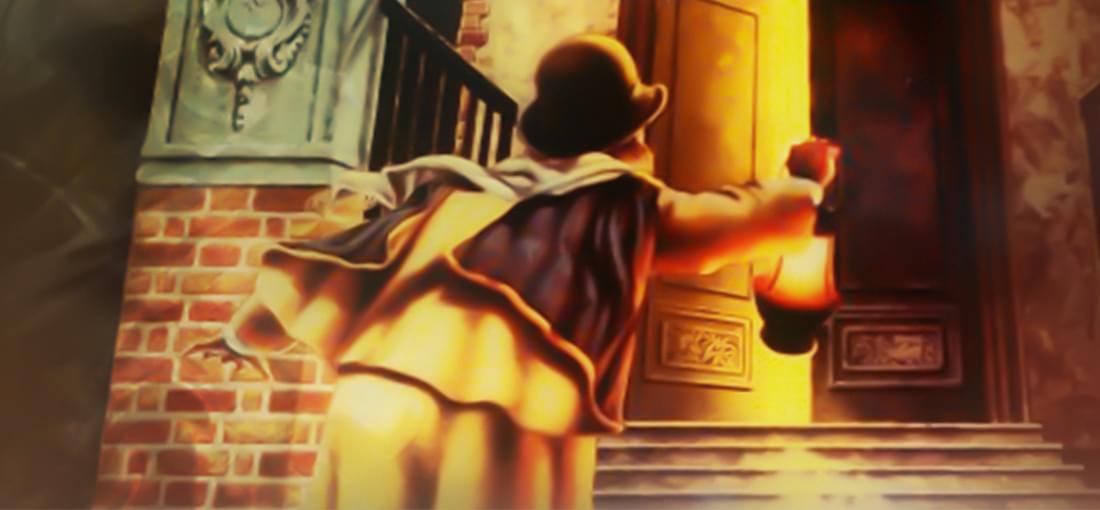
Alone in the Dark will always be an important game, being basically the grandaddy of survival horror games. You control either Edward Carnby (who would go on to become the face of the series) or the forgotten Emily Hartwood, heading to the Dercetto mansion to investigate a mysterious suicide. Trapped inside, and under attack by nightmarish creauters, you must solve the mystery of the manor to get out alive. The gameplay of Alone in the Dark is very archaic by today's standards. You must go in and out of the menu constantly to switch between the actions your character can do: fight, search, opening and closing doors and jumping (which is as terrible as it sounds). Added to controls of the tank variety, it will require some patience of you. The strongest aspect of the game is its atmosphere, leaning into the Cthulu mythos. The puzzles are surprisingly logical for the most part, with hints for their solution available throughout the mansion. The enemies themselves are puzzles, while some requiring a certain weapon or item to destroy them. Really, all the staples of the genre are here. While many games would go on to improve it greatly, one must pay respect to the one that laid the groundwork. The sequels (and Jack) are sadly inferior. While there are some improvements to the gameplay, the "horror" aspect gets thrown out the window, leaning more into the fantasy adventure. The puzzles also become pretty obtuse as the series advances. The whole series expects some trial and error but it gets very annoying by the end. A reminder that fancier graphics and mechanics do not necessarily make a better game. The soundtrack is killer in all 4 games. The voice acting is terrible to make up for it. I would recommend this bundle if you like older games, can tolerate dated gameplay, and are interested in the evolution of the survival horror genre. If you are just looking for another horror game to play, I'm sure there are more modern options that will be more apealling to you.
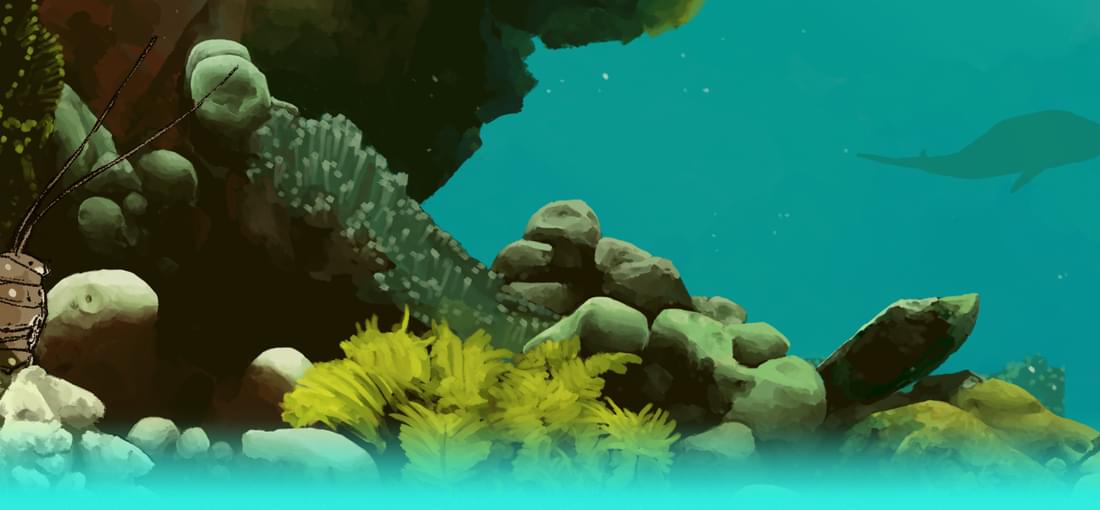
A full-on linear visual novel rather than videogame, South Scrimshaw has you accompanying a fictional Brillo whale, from its birth to his early adulthood. On the way he will experience love, loss, and the finding of a new path. The action takes place on a fictional planet, and while you can read some optional snipets developing it a bit (which I recommend you do), the meat of the story is the faux-biology of this species. It will last a mere hour-hour and a half depending on how much of the optional text you read, but I feel it is the perfect length for this kind of experience. The documentary style serves it quite well, and heightens the emotional moments by observing them through a detached lens. And contrary to appeareances, the emotional arc is quite varied. Nothing surprising if you know anything at all about story structure or have seen your fair share of nature documentaries, but it's well done. Hell, I got emotionally attached enough to cry, and that rarely happens for me, so the writer must have done something right. This is one of those "games" that is perfect for those laid back afternoons in which you find yourself with nothing to do and feel like brwosing your massive backlog for something short and sweet. Just grab some tea/beer/prefered beverage, lay back on your chair and go along with the ride. I promise you won't be dissapointed. And for free!
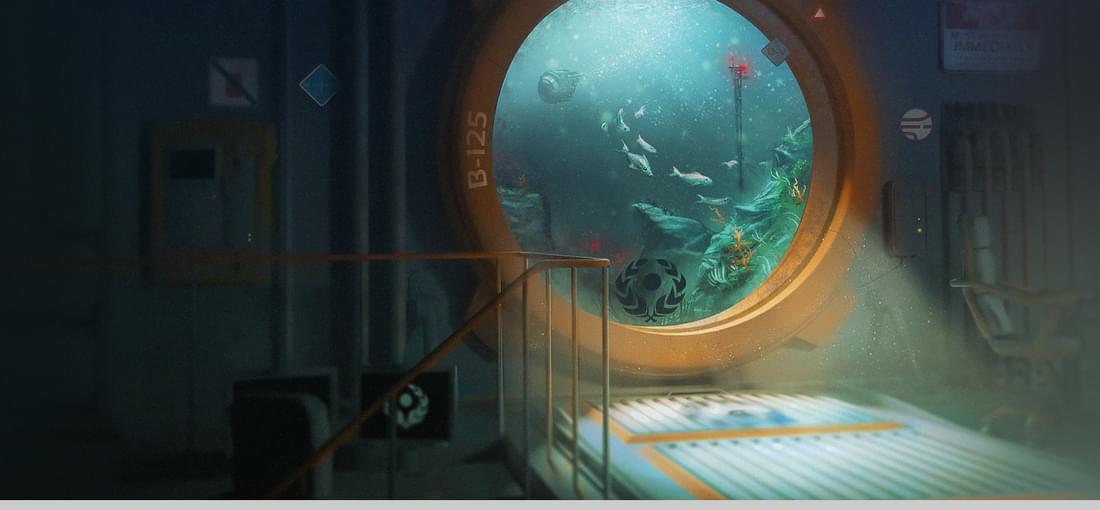
SOMA is a horror game with a sci-fi theme. Let me start the review saying that, compared to Amnesia: The Dark Descent, SOMA is a much more narrative experience, in detriment of the horror. Sure, the game has its share of tense moments, but if you are looking for survival horror this isn't it. In a way, the gameplay of SOMA is a refiment of A Machine for Pigs, creating something genuinely interesting instead of mediocre. You take the role of Simon, a man that goes in for a brain scan in sunny Toronto and awakens in a Geiger hellworld after it. How did you get here? Why? The only way to find out is pressing on, as you explore this bizarre new world. The strong point of SOMA, in my opinion, is its atmosphere. Frictional shows once again they are masters of it. The sci-fi feels believable, and the world, albeit in complete shambles, feels lived in. Hell, you meet very few NPCs throughout, yet at the end you feel like you know at least a bit of these characters that populate or have populated the world. You also meet enemies. In Amnesia, you felt constantly hunted. Here, the enemies are puzzles themselves, obstacles to overcome. They are varied, and they are definitely creepy, but their nature makes them less scary this time around. You can choose to play in "Safe" mode if you like, rendering them completely harmless, but I advise against this, as that would eliminate the claustrophobic atmosphere the devs have achieved here. Another interesting point is that, while there is only one ending, you have multiple (and difficult) choices to make during the game. This choices only serve the purpose of making you reflect on the question: What does it mean to be human? This is not some heavy philosophy text, but it will definitely leave you thinking. And if a piece of art leaves you thinking, then it is worth experiencing. In conclusion, while SOMA is more narrative than horror, its masterfully crafted world and interesting story is worth checking out.
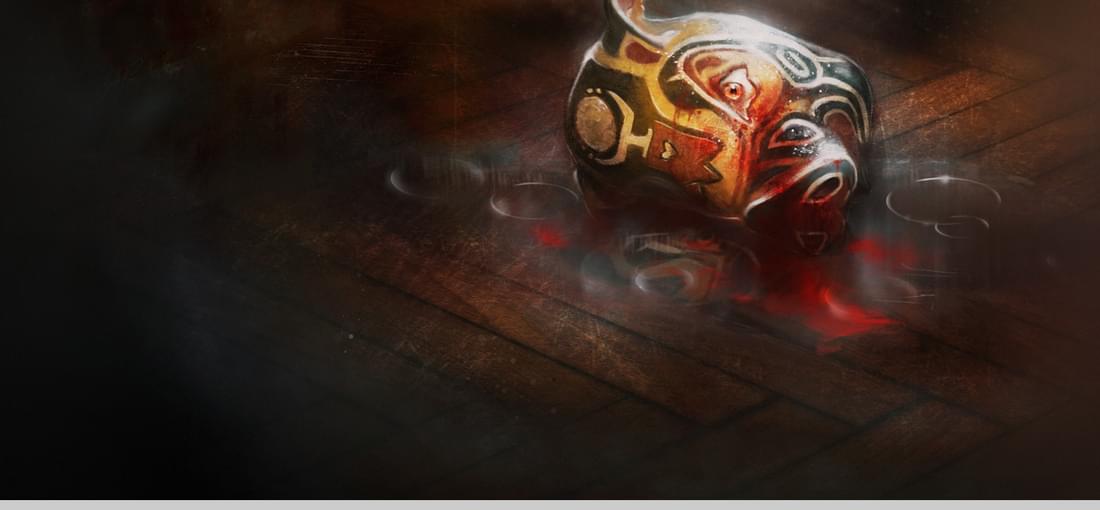
Amnesia - A Machine for Pigs is an indirect sequel to The Dark Descent, developed by The Chinese Room. This time you play as Oswald Mandus, a man who awakes in his house and goes on to try and find his children. That's it. That's the game. You embark on a not so dark descent, going into the titular machine to Find. The. Children. Did I mention you need to find the children? Because this review will use the word "children" a fraction of its usage in-game. If it can be called a game. This is a walking simulator with extra steps. Gone the masterfully crafted horror of the first game. Your interaction with the world is limited only to the things you absolutely need to progress (and locked doors for extra fun). There is no inventory, no Sanity and no health (well, technically there is, but it will regenerate over time the whole two times you lose it). The puzzles, as a consequence, are much simpler. Since there is no Sanity the dark poses no threat whatsoever, except that your eyes don't adapt to it, so there's never really a reason to turn off your lamp. It doesn't lose oil anyway. The enemies pose zero threat, as there's no Sanity you can gaze upon them all you like. They pat you sometimes, like children. I'm not even sure I was ever in any danger at all. One could say the game is apt for 5 year old children, if they bothered to play horror at all. Anyway, if you can ignore the "Amnesia" in the title, it is decent. Reading the notes provides mild excitement, and admittedly the last part has some cool sections in it. If you find this game in your library and like walking simulators it's not a complete waste of time to play through it. Just don't expect horror of any kind, other than the occasional jumpscare. Otherwise, I would recommend reading "Das Kapital" instead. Both make basically the same point. Both have a lot of talk about children in them. And at least Marx is upfront about what he's offering, unlike this so-called sequel to a great game.
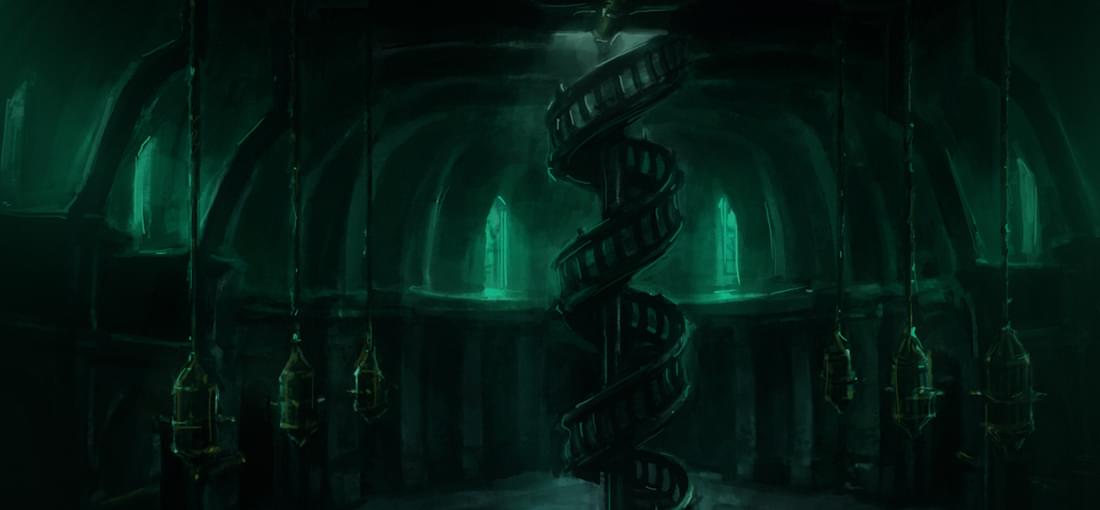
Amnesia - The Dark Descent is what horror should be. You play as Daniel, a man that wakes up in a strange castle without memories, and only a misterious note from himself telling him to press on. Easier said than done. Daniel is being hunted. His hunter's nature is never made quite clear, but the danger is. On your journey downward you are completely helpless against the horrors that hunt you, darkness being your only ally. Or is it? A prolongued stay in it will drain your Sanity, and bad things happen when your Sanity is low. You have a lamp and tinderboxes to light the numerous light sources through the castle, but you are more easily spotted in the light... It's up to you to decide if it's a good idea to be surrounded by light or not. Gameplay wise, the game consists of going through various hubs, solving puzzles and trying to survive the enemies you encounter. Along the way you'll encounter various notes shedding some (never complete) light on the mysterious castle, including pages from Daniel's journal that will also reveal his past and how he came to be in the castle. The atmosphere is amazing, and you are always on edge, wondering if you are gonna be caught this time. This is the strong point of the game: you survive, never fight. You are unable. Seldom has a game made me tense througout its duration (not even Penumbra, Frictional's previous claim to fame), but Amnesia is masterfully crafted during its whole duration, with only a couple of slight dips. The game also includes Justine, its expansion (worth playing through a couple of times to understand everything) and a level editor, where you can also play custom campaigns, so the potential duration is high. There is also a Hard mode, but I recommend going for it only after playing through once, as it's more of a "challenge yourself" experience that detracts from the survival horror aspect. In conclusion, if you are a fan of horror, you can't go wrong here.
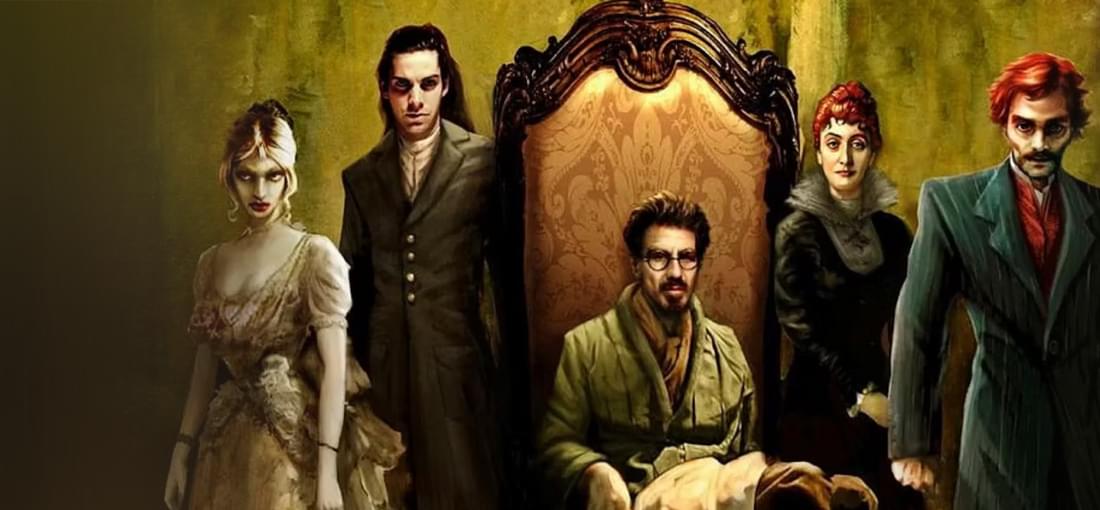
Clive Barker's Undying is an unusual game. It starts as a horror mystery in a mansion and it ends as a battle of the wizards all over strange landscapes. Set in the 1920's, you play as Patrick, an irish adventurer and researcher of the occult that answers his old war friend Jeremiah's request for help. Jeremiah lives in an isolated mansion on an island, and there have been some strange going ons recently. Ill equipped to deal with the horrors that haunt the mansion, Patrick starts his investigation. The gameplay consists of going through a series of levels that range from the aforementioned mansion to more... unusual places. Level variety gets a 10 here, you are always wondering what sort of crazy place you are going to end up in next. They have plenty of collectibles to find, so it's worth your while to explore them. The combat combines classic FPS action with magic, and the game expects you to use both spells and your weapons to survive. Both categories are also varied, so you (usually) have many options in how to approach the encounters. The game itself isn't particularly difficult (I played on Normal, i could have definitely gone for Nightmare), but you can get destroyed by the enemies pretty quickly if you're not careful. And if you die, you get sent to the beggining of the section, which sometimes is pretty far back, so saving often is recommended. Another frustrating feature is that quite often you will have multiple paths to take, but when you take one the way back will be locked. And a lot of powerups can be found in those alternate paths. This can become very frustrating, and it puts a sour dent on an otherwise really solid game. The story, penned by Clive Barker, is very interesting. Uncovering the mystery and family history were very entertaining to me, and it held my interest all my way through. In conclusion, Undying is a pretty unique game, and if you like shooters and horror (and functional mirrors) it's definitely worth checking out.
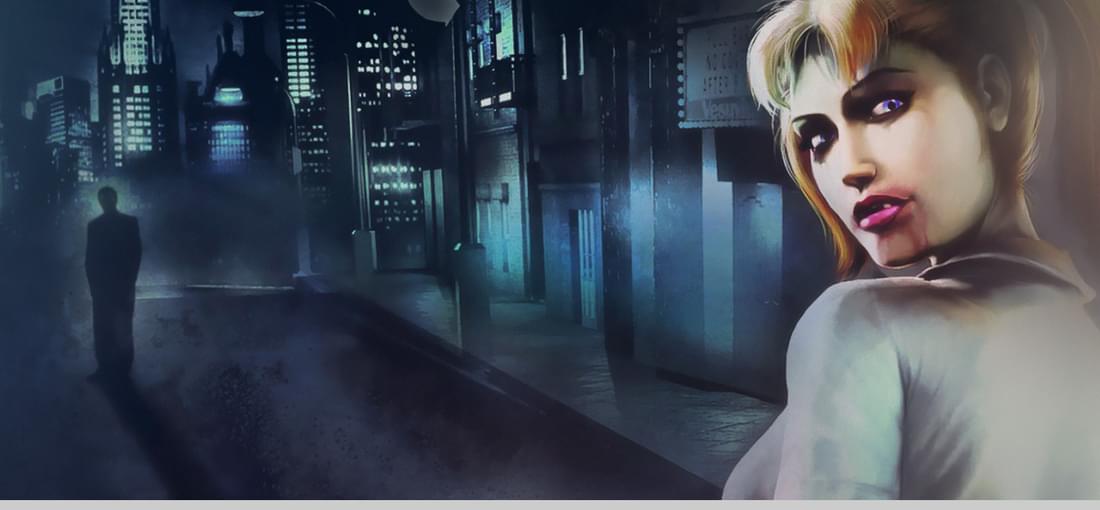
Vampire the Masquerade - Bloodlines is, without a doubt. one of the best games that I've ever played. Taking into account that the game was rushed out the door that's quite the achivement. Thankfully, the dedication of the developers and the fan community have mitigated this error over the years. So what is the game about? In Bloodlines you assume the role of a fledgling vampire that has been illegaly created, and only politics and the grace of the Prince of the city save your unlife. From there, the world opens up to you little by little, as you meet other vampires and learn about the politics of it all while forming your own opinions and carving your own place in the vampire community. The storyline is nothing short of amazing and well written. While the core plot stays the same you have quite a bit of freedom on how you relate to the other vampires, with a pletora of endings to reflect it. Gameplay-wise we have a mixed bag. You pick one of seven vampire clans (classes) at the beginning, each with their own abilities and better suited to some tasks. In the first 2/3rds of the game you have a lot of freedom on how you approach situations, from persuasion, stealth or going in guns blazing depending on your preference. Evidently not every option is available in every situation but this gives you options in how you build your character. Sadly, the last third of the game the rushed development takes its toll and combat is almost always the only option. While the game makes it clear early on that violence is sometimes inevitable, it ends up becoming the focus, limiting and souring the experience. And the combat itself is nothing amazing. It gets the job done but it's definitely not the game's strong suit. The OST is a masterpiece, plain and simple. If you can overlook it's flaws, Bloodlines is a flawed gem that must be experienced. I think the game has a magic that very rarely appears in videogames, and as close to art as the medium gets.
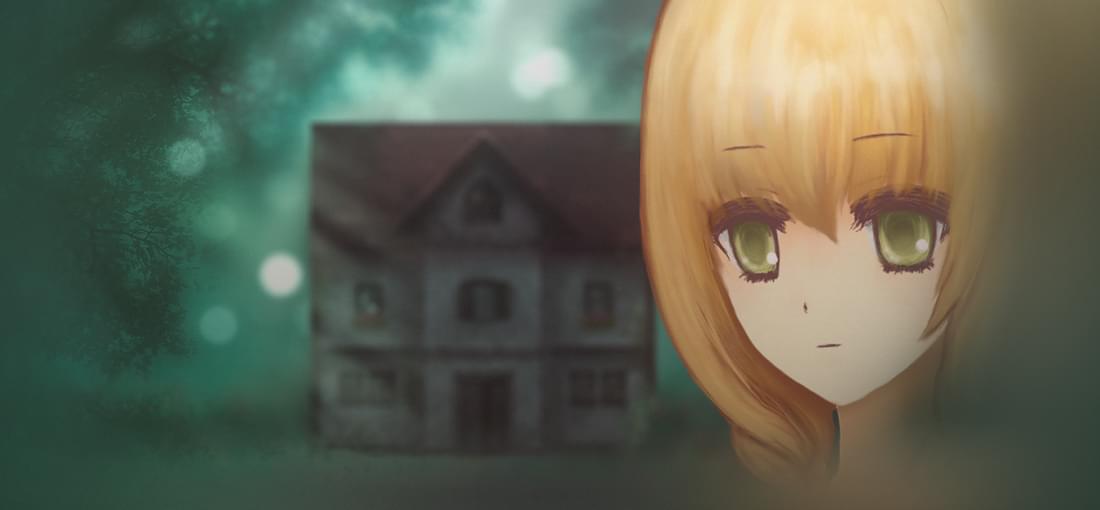
The Witch's House MV is a remake/update of the homonymous RPG maker game. It features improved graphics, controller support and an extra difficulty mode with new puzzles and extra scenes. While in my opinion the Extra difficulty mode feels a little cheap at times, if you enjoyed the original and are craving more this is a very good option. It's the same Witch's House you love, but better. If you have never played the original and are checking this out there is plenty to love here. The Witch's House is a messed up horror RPG Maker game (although the RPG elements are nonexistant). You wake up in the middle of the forest, lost, and the creepy mansion further in seems to be your only option. Inside, you will have to solve puzzles to advance, while at the same time trying not to die. And believe me, you will die a lot on your trip within the mansion. Don't be fooled by the anime graphics, the game manages to create a creepy and tense atmosphere throughout it's entire duration, all, the way to the end. There are a couple endings depending on your actions, and the True ending features one the the best twists that I've seen in a videogame. The puzzles are surprisingly logical and you should be able to solve them without the need of a guide (on normal, at least). If you die you can try inmediately afterwards with very little progress lost. Being that most of the scares are of the jump-scare variety and that dead comes easily to the unprepared, you will be glad for this feature. The duration is short, you can probably beat the game in 1-2 hours on your first playthrough, but it is replayable if you want all endings. I think it really doesn't need more, but if you are looking for something longer there are probably better options out there. In short: if you like horror games, you like RPG Maker games and are looking for a short and sweet experience, this is definitely the game for you, Don't hesitate to grab it and good luck inside the mansion.
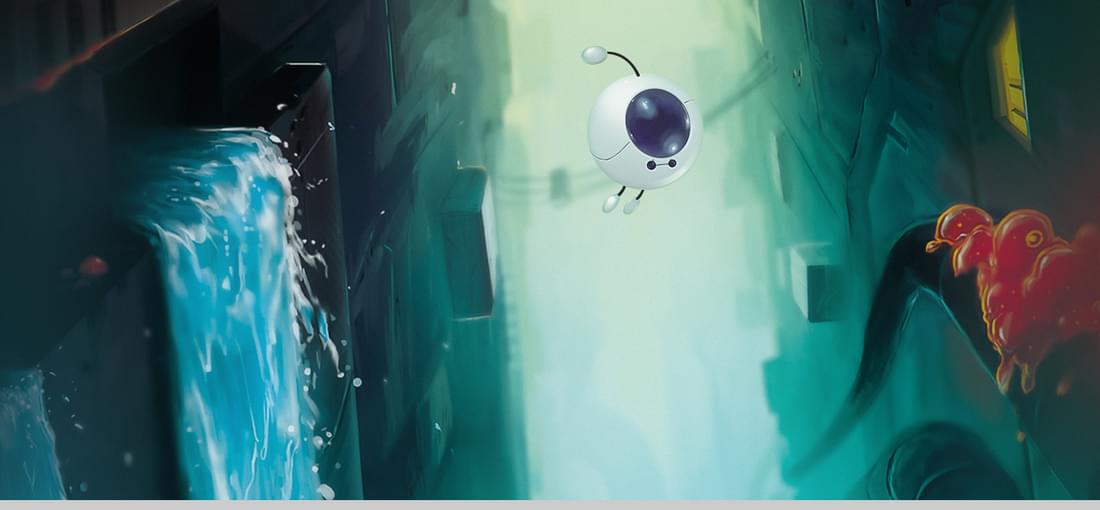
Tetrobot and Co. is a simple but concept. You control Psycobot, a microbot that fixes robots from the inside. You navigate the levels using only your mouse, collecting blocks and solving puzzles. New mechanics are introduced in a very intuitive way, with absolutely no text, to the developers merit. It's very easy to get into, but some of the puzzles are quite challenging. It gets a nice balance going, managing to keep your interest all the way to the end. The graphics are simplistic but they get the job done, and the music is really catchy. Unfortunately, the overall result is tainted with the presence of bugs, and taking into acount this game was released in 2013 it doesn't seem the developers intend to fix them. The most serious of them all is when throwing blocks. When using them in certain situations more often than not they outright disappear, forcing you to use the rewind feature (usually more than once) so they reappear in your inventory. I actually had to restart a whole level once to see if I could fix it that way (fortunately it did). Seeing as the whole game revolves around this mechanic it baffles me the developers could release the game with such an annoying bug. Another less but still annoying issue is that, when you click on a spot to move, Psycobot tries to take the shortest route, but sometimes the game tries to take you through inaccesible paths, forcing you to take the extra clicks to get there. Not so serious as the last one, but near the end the waste of time can be noticeable. In conclusion, this is a 5 star game ruined by the lack of polish. If you like puzzle games this is definitely a good one to get on a sale, but be prepared to deal with the bugs. For me it was worth it, but you may not want to deal with them.
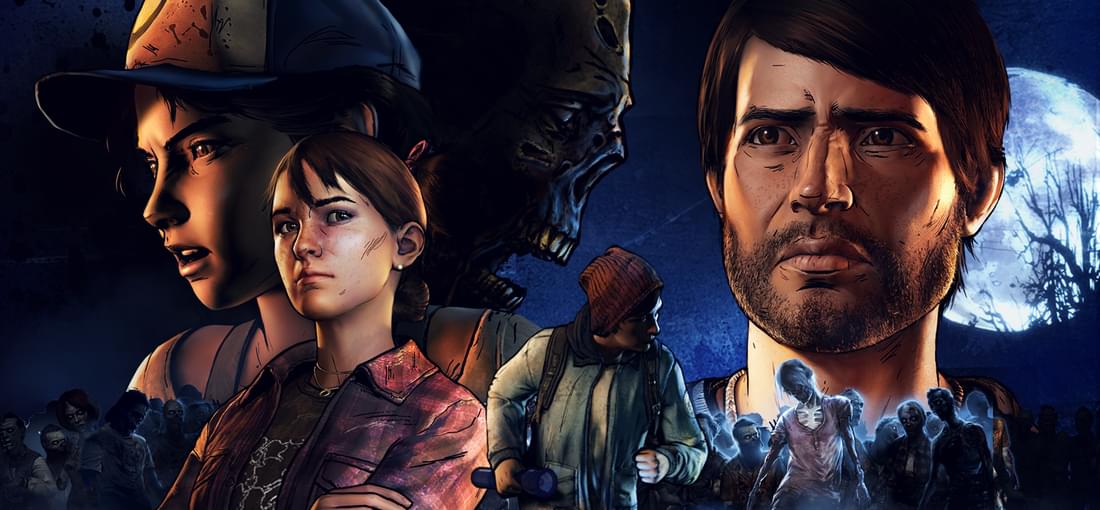
For the third installment of The Walking Dead, we follow the story of Javier and his family, and the bonds that tie them together. Clementine is still one of the main characters and appears quite often throughout the game. While I'm sure me and many players wanted to follow her as the main character, a change of pace isn't necessarily a bad thing. The story of Javier it's quite enjoyable for the most part... until you get to the end of episode 4. Then the quality of the writing takes a massive dive, and you just want it to be over. Some characters start acting inconsistently and change their minds every 2 conversations, or make a full 180 respect the rest of the game. Coincidentally, the end of chapter 4 also features one of the biggest examples of why your choices have no real impact in the story. You are forced to make a huge decision, only to find out in episode 5 it didn't really matter at all. That it's not to say your other choices impact anything meaningful. Either the characters forget by the next episode at the latest, or they only add to your struggles. "Gameplay" wise, it can be summed up as: choices, some QTEs, more choices, and repeat, with maybe one or two point-and-click parts thrown into the mix. Not that anyone buys Telltale games for the gameplay, but at this point why not just make a full VN, leave the choices in and remove anything else. There are way too many QTEs this time around, and it all gets quite tedious by the end. On the technical aspect, I suffered various perfomance issues. The graphics have improved, but I had to turn them to medium to get the game to run properly (and my PC should run a game like this easily), and it still crashed once in a while. Not the best level of polish there. Music was nice, though. Overall, I would only recommend buying the game if you liked the approach of Season 2 (the days of Season 1 are long gone) and want to know what happens next. Preferably on a sale. Otherwise, I would skip it.